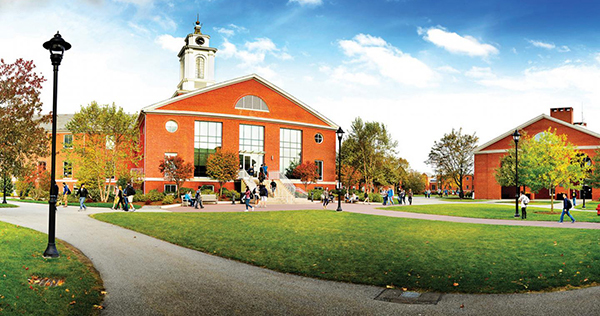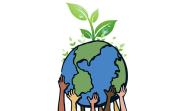Detroit’s Downfall
The billion dollar question: What happened to Detroit? When the U.S. city declared a record-breaking $18 billion bankruptcy in July, Americans looked on in awe. Now municipal workers are left wondering how to survive without a pension and an emergency manager is taking over mayoral duties. But Detroit’s demise didn’t happen overnight.



